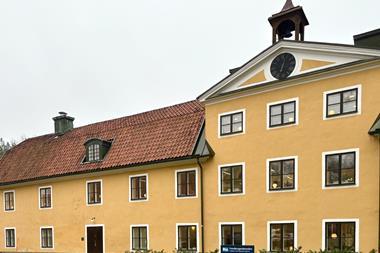Oil company Shell’s Dutch defined contribution (DC) scheme has introduced variable pension benefits in the wake of new legislation (Wet Verbeterde Premieregeling).
In its 2016 annual report SNPS – a relatively new scheme set up in 2013 with individual defined contribution (IDC) arrangements – said it had started to offer members the option of keeping accrued pension capital invested after retirement, while investment risk and longevity risk remain collectively shared.
Participants can opt for variable benefits from age 57. People who do not take a drawdown pension have the option of buying fixed annuities from an external pensions provider, according to the €100m scheme.
Recently, the €10bn company scheme of telecoms giant KPN announced that it would offer variable benefits to its participants with DC arrangements.
As these participants legally have a choice, they are allowed to shop around if their own pension fund only has a single option.
In practice, almost all pension funds offer only fixed annuities, which means that participants who prefer a drawdown plan must divert to an insurer.
For their pensions accrual, SNPS’s 7,660 participants can opt for aggressive, neutral or defensive lifecycle investments, for which four investment portfolios are available.
Last year, the most aggressive portfolio – comprising predominantly securities – generated a net return of 11.5%. In contrast, the most defensive portfolio of fixed income holdings delivered no more than 0.2%.
The Shell scheme reported administration costs of €616 per participant, with asset management costs totalling 0.51%.
In the board’s opinion, these costs are acceptable relative to comparable pension and annuities products in the market.
“Costs must be assessed against returns and investment policy,” it argued.
The IDC scheme said it would focus on establishing a single-participant portal for both its own pension plan as well as the pension arrangements of SSPF, Shell’s €28bn defined benefit scheme, which closed to new entrants in 2013.
It added that a dedicated working group investigated the options for a more focused responsible investment policy.
At year-end, funding of SNPS stood at 102.1%.










